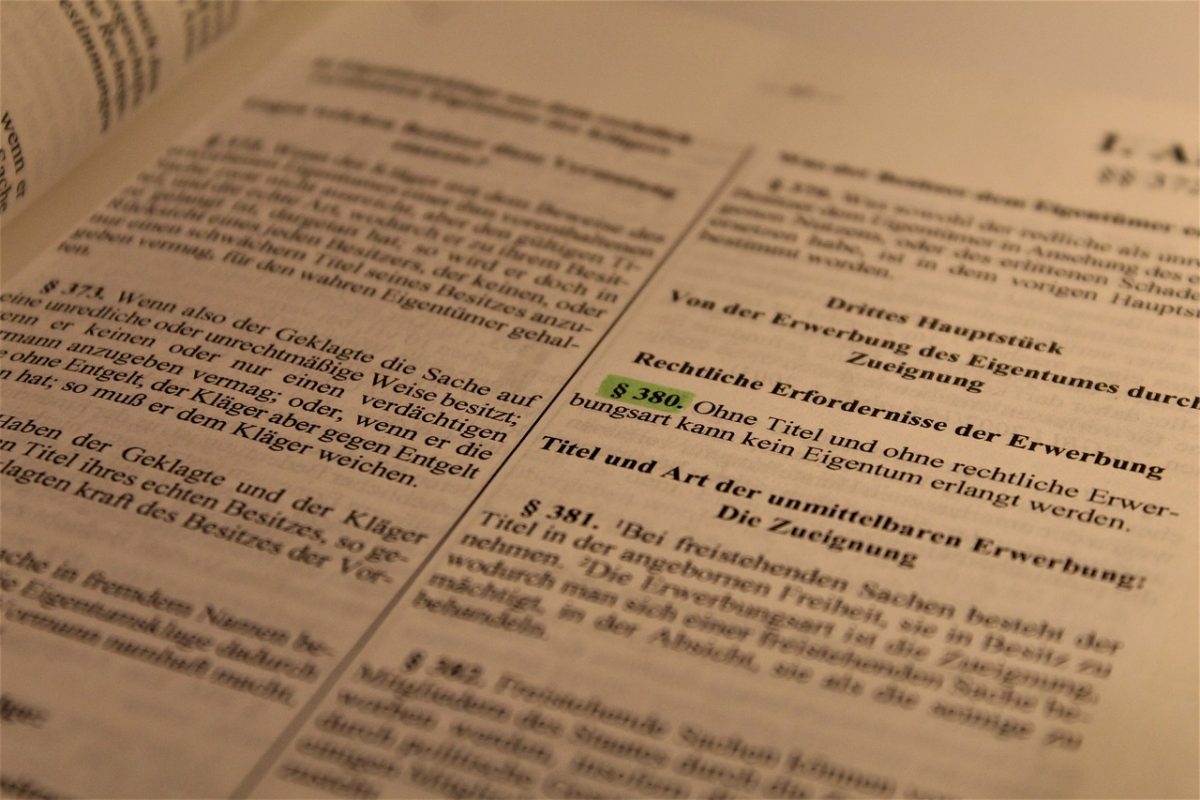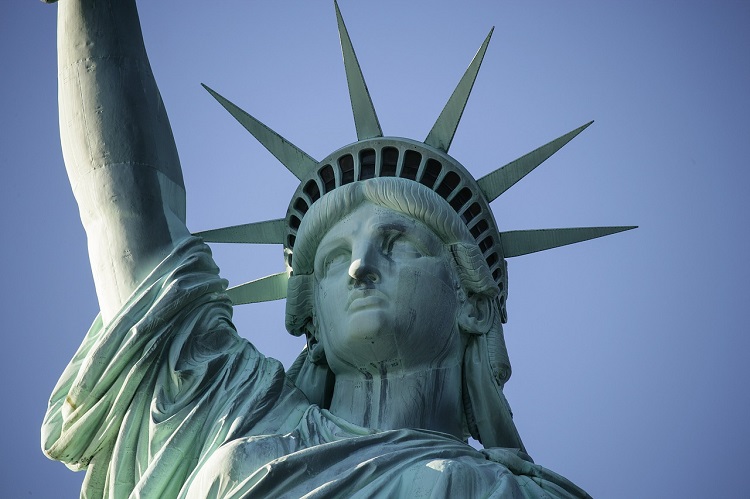Menu
Hot-Topics
February 5, 2026 | SCOTUS Decision in Bowe v. United States Is First of the 2026 Term
Month: November 2019

Supreme Court to Consider Copyright Suit of the Decade
The U.S. Supreme Court recently agreed to consider Google LLC v. Oracle America Inc., which has been characterized as the “copyright lawsuit of the decade.” The issues before the Court are whether copyright protection extends to a software inter...

Will Supreme Court Shield President Trump’s Tax Returns?
The U. S. Supreme Court will consider President Donald Trump’s appeal to determine whether the District Attorney for the County of New York can enforce a grand jury subpoena seeking ten years’ worth of the President’s financial papers and his ...

DACA Debate Dominates Supreme Court’s Week
The U.S. Supreme Court heard oral arguments in one of the most significant cases of the term this week. In Department of Homeland Security v. Regents of the University of California, the Court must decide the fate of the Deferred Action for Childhoo...

Damages Actions Against Federal Agents for Constitutional Violations
In Bivens v. Six Unknown Named Agents, 403 U.S. 388 (1971), the U.S. Supreme Court first recognized an implied right of action for damages against federal officers alleged to have violated a citizen’s constitutional rights. Facts of...

Clean Water Act Case Tops Busy Week for Supreme Court
The U.S. Supreme Court heard oral arguments in six cases this week. One of the most closely-watched cases, County of Maui, Hawaii v. Hawaii Wildlife Fund, involves the reach of the Clean Water Act (CWA). The specific issue is whether the CWA r...

4th Amendment Rights of Nonresident Aliens Under United States v. Verdugo-Urquidez
In United States v. Verdugo-Urquidez, 494 U.S. 259 (1990), the U.S. Supreme Court held that the Fourth Amendment does not apply to the search and seizure by United States agents of property that is owned by a nonresident alien and located in a forei...
Previous Articles
SCOTUS Rules State Can’t Immunize Parties from Federal Civil Liability
by DONALD SCARINCI on January 29, 2026
In John Doe v. Dynamic Physical Therapy, LLC, 607 U.S. ____ (2025) the U.S. Supreme Court held that...
Supreme Court to Address Racial Discrimination in Jury Selection
by DONALD SCARINCI onWhile the U.S. Supreme Court has concluded oral arguments for the year, it continues to add cases t...
Supreme Court Halts Deployment of National Guard to Chicago
by DONALD SCARINCI on
In Trump v. Illinois, 607 U.S. ____ (2025), the U.S. Supreme Court refused to stay a district court...
The Amendments
-
Amendment1
- Establishment ClauseFree Exercise Clause
- Freedom of Speech
- Freedoms of Press
- Freedom of Assembly, and Petitition
-
Amendment2
- The Right to Bear Arms
-
Amendment4
- Unreasonable Searches and Seizures
-
Amendment5
- Due Process
- Eminent Domain
- Rights of Criminal Defendants
Preamble to the Bill of Rights
Congress of the United States begun and held at the City of New-York, on Wednesday the fourth of March, one thousand seven hundred and eighty nine.
THE Conventions of a number of the States, having at the time of their adopting the Constitution, expressed a desire, in order to prevent misconstruction or abuse of its powers, that further declaratory and restrictive clauses should be added: And as extending the ground of public confidence in the Government, will best ensure the beneficent ends of its institution.
Awards





